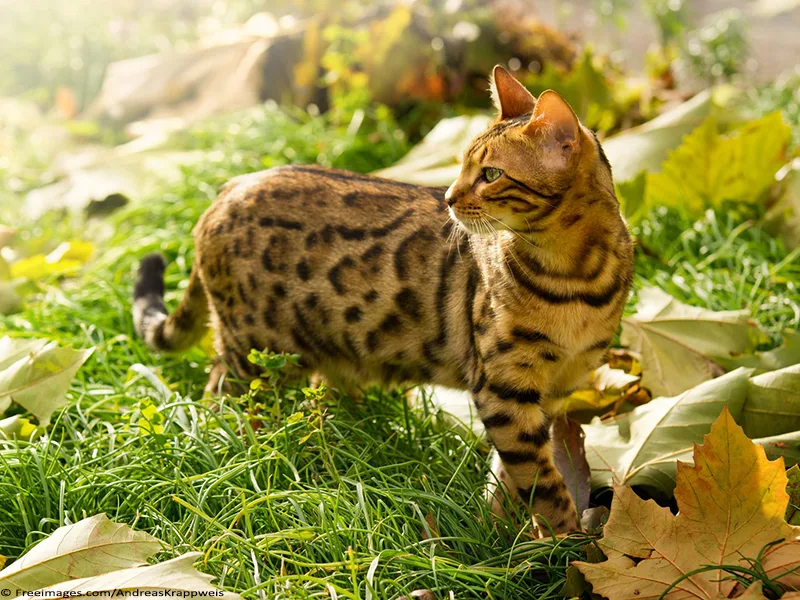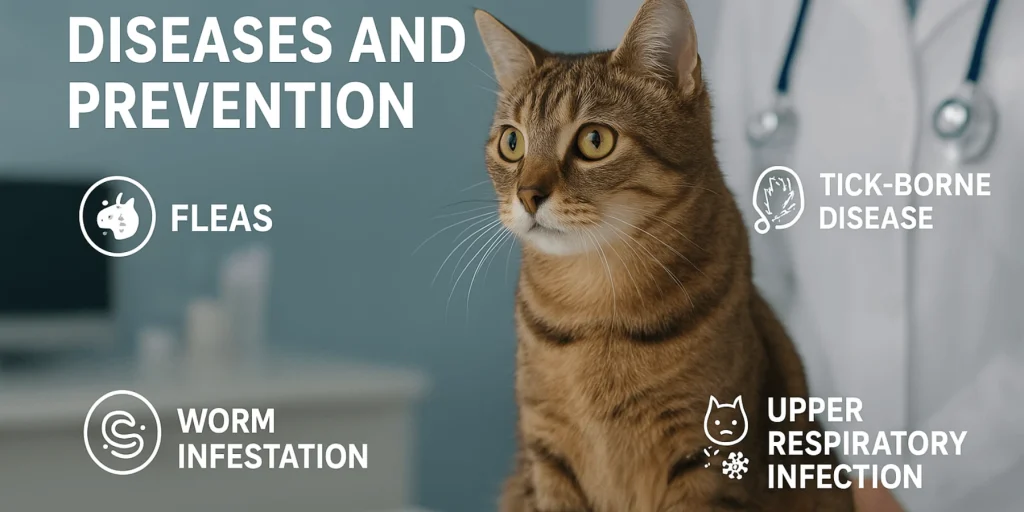🐾 How Long Do Cats Live? A Complete Guide for Pet Lovers
Cats are among the most beloved pets in the world, known for their affectionate personalities, independence, and charm. If you’re planning to adopt or already have a cat, one of the most common questions is: How long do cats live? The answer depends on several factors, including breed, lifestyle, diet, and overall health. Let’s explore everything you need to know about a cat’s lifespan and how you can help your furry friend live a long, healthy life. 🐱
📌 Average Lifespan of Cats
On average, domestic cats live between 12 and 18 years. However, many cats have been known to live beyond 20 years with proper care. The world’s oldest recorded cat lived an impressive 38 years! This demonstrates that with the right environment and attention, cats can enjoy a long and fulfilling companionship with their owners.
🏠 Indoor Cats vs. Outdoor Cats
- Indoor Cats: Tend to live longer, usually between 13 and 18 years, as they are safe from traffic, predators, and harsh weather conditions.
- Outdoor Cats: Typically have shorter lifespans, averaging 7–10 years, due to exposure to accidents, diseases, and environmental risks.
🧬 Factors Affecting Cat Lifespan
Several factors play a major role in determining how long your cat will live:
- Breed: Some breeds, like Siamese and Burmese, often live longer than average.
- Diet: A balanced and nutritious diet supports a healthy weight and reduces disease risks.
- Healthcare: Regular vet check-ups, vaccinations, and preventive care extend a cat’s life.
- Genetics: Just like humans, genetics influences longevity.
- Lifestyle: Indoor living, mental stimulation, and exercise all contribute to a longer life.
🍖 Nutrition and Longevity
Feeding your cat a high-quality diet rich in protein, healthy fats, and essential vitamins is crucial. Avoid overfeeding, as obesity is a leading cause of diabetes, arthritis, and heart disease in cats. Fresh water should always be available.
🏥 Importance of Veterinary Care
Regular veterinary visits are essential. Cats are experts at hiding illness, so routine check-ups can detect problems early. Vaccinations, dental care, flea and tick prevention, and spaying or neutering also contribute to a longer and healthier life.
😺 Tips to Help Your Cat Live Longer
- Keep your cat indoors or provide a safe outdoor enclosure.
- Feed them a balanced diet and avoid human junk food.
- Encourage playtime and physical activity.
- Maintain regular grooming to prevent health issues.
- Visit the vet at least once a year for check-ups.
- Give them love, attention, and a stress-free environment.
🌍 Longest Living Cat Breeds
Some breeds are known for their exceptional lifespans. Here are a few:
- Siamese: 15–20 years
- Burmese: 16–20 years
- Ragdoll: 15–18 years
- Manx: 14–18 years
- Persian: 12–17 years
💡 Conclusion
So, how long do cats live? With the right care, most cats live 12–18 years, and some even reach their 20s. Factors like lifestyle, diet, breed, and healthcare all play a vital role in determining their longevity. As a pet parent, your love, attention, and responsible care can help ensure your cat enjoys a long, happy, and healthy life by your side. 🐾❤️
❓ Frequently Asked Questions
1. What is the oldest age a cat can live to?
The oldest recorded cat lived up to 38 years, though most cats live between 12 and 18 years.
2. Do mixed-breed cats live longer than purebreds?
Yes, mixed-breed cats often have fewer genetic health issues and may live longer than some purebreds.
3. Can diet really extend a cat’s lifespan?
Absolutely. A balanced, high-protein diet prevents obesity and diseases, increasing lifespan.
4. Do indoor cats live longer than outdoor cats?
Yes, indoor cats usually live 5–10 years longer than outdoor cats due to fewer risks.
5. How can I help my senior cat stay healthy?
Provide regular vet check-ups, a proper diet, gentle exercise, and lots of love and care.
















